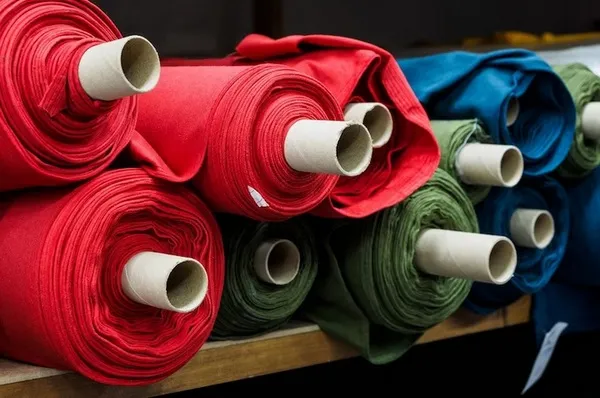When it comes to sourcing fabric for various projects, whether for fashion, upholstery, or other applications, opting for local fabric suppliers can offer a range of significant benefits. From supporting the local economy to receiving personalized service, working with local suppliers can enhance the quality and efficiency of your fabric sourcing process. Here’s a closer look at the key advantages of using local fabric suppliers:
1. Support for the Local Economy
One of the most compelling reasons to choose local fabric suppliers is the positive impact on the local economy. By purchasing from local businesses, you contribute directly to the community’s financial health. Local fabric suppliers are often small, family-owned businesses that rely on community support to thrive. Your patronage helps create and sustain jobs, supports local artisans, and fosters economic growth within your area.
2. Personalized Service and Expertise
Local fabric suppliers often offer a level of personalized service that larger, national chains may not be able to match. When working with a local supplier, you can benefit from their deep knowledge of the fabrics they carry and their understanding of local trends and preferences. They can provide tailored recommendations based on your specific needs, which can be invaluable when choosing the right materials for your project. This personalized attention ensures that you receive expert advice and high-quality products suited to your requirements.

3. Faster Turnaround Times
One of the practical advantages of working with local fabric suppliers is quicker turnaround times. Since the supplier is nearby, shipping and handling processes are often streamlined, resulting in faster delivery of your fabric orders. This is especially important for projects with tight deadlines or when you need fabric samples promptly. Local suppliers can often accommodate rush orders and provide faster responses to inquiries, helping you stay on track with your project timelines.
4. Lower Shipping Costs and Environmental Impact
Opting for local fabric suppliers can also reduce shipping costs and lessen your environmental footprint. By sourcing fabric locally, you avoid the additional costs associated with long-distance shipping, such as fuel and freight fees. Additionally, shorter transportation distances mean fewer carbon emissions, contributing to a more sustainable approach to sourcing. Supporting local suppliers aligns with eco-friendly practices and helps minimize the environmental impact of your fabric procurement.
5. Opportunity for Customization
Local fabric suppliers may offer greater flexibility for customization compared to larger, national suppliers. They might be more willing to accommodate special requests, such as custom fabric orders, unique color combinations, or special finishes. This flexibility allows you to achieve a higher level of personalization in your projects, ensuring that the final product meets your exact specifications and preferences.
6. Building Stronger Relationships
Working with local fabric suppliers fosters a sense of community and builds strong, lasting relationships. You have the opportunity to develop a rapport with the supplier, which can lead to better service and a deeper understanding of your needs. Building these relationships can also lead to valuable collaborations, such as exclusive deals or early access to new fabric collections. Additionally, strong relationships with local suppliers can be beneficial for future projects, creating a network of trusted partners within your community.
